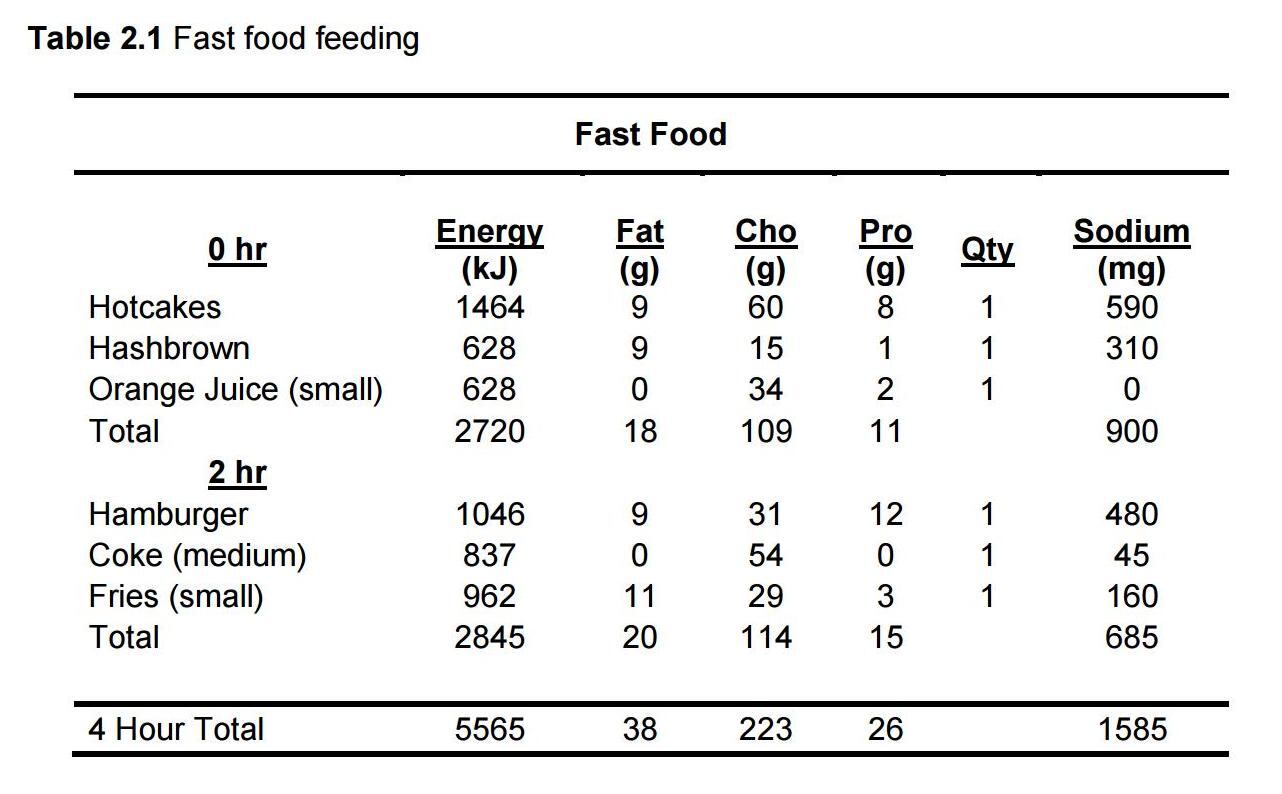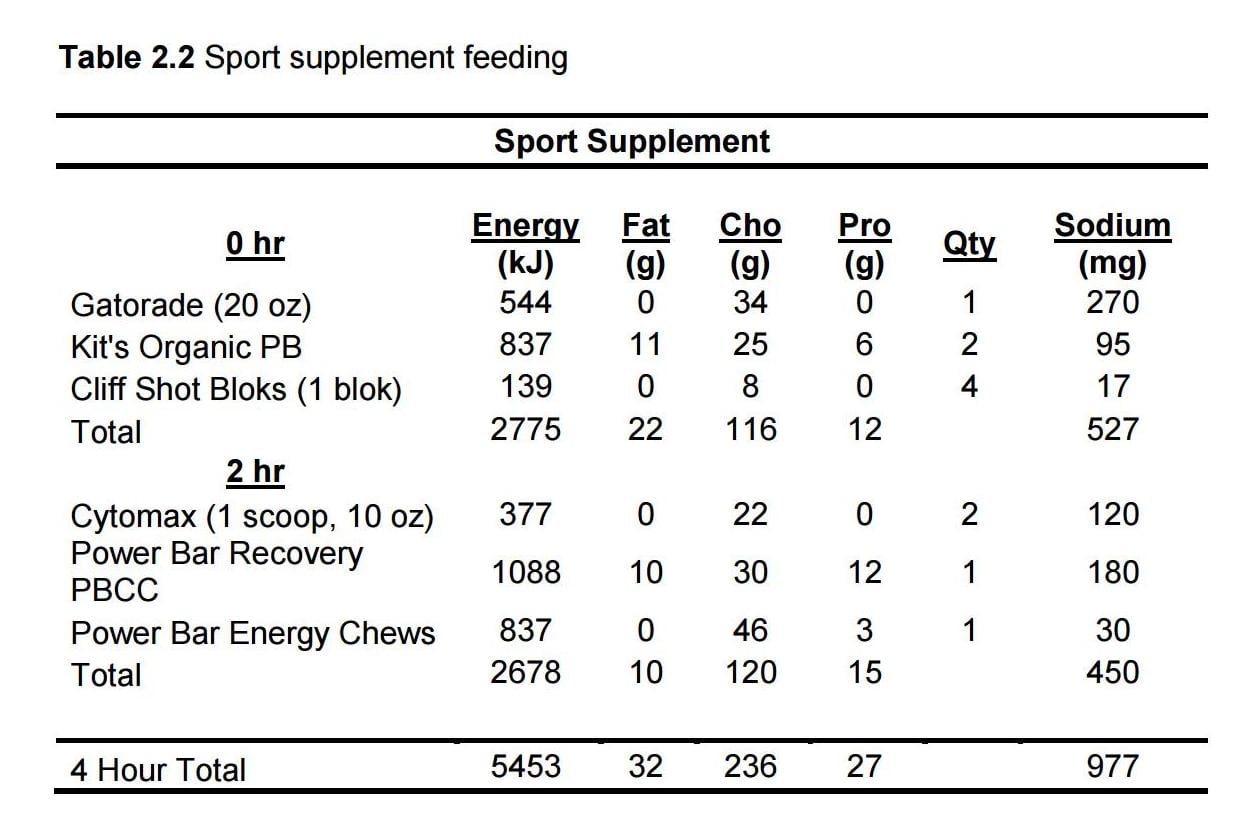The small study of 11 male cyclists suggested that there was no difference between the diet groups for blood glucose and insulin responses, rates of glycogen recovery or time-trial performance.
“These data indicate that short-term food options to initiate glycogen resynthesis can include dietary options not typically marketed as sports nutrition products such as fast food menu items,” the researchers wrote in the International Journal of Sport Nutrition and Exercise.
However, Dr Stuart Gray, senior lecturer in exercise physiology at the University of Aberdeen, said the comparison was unhelpful and a more useful methodology would have included a third group who consumed a balanced meal like grilled chicken and vegetables.
He added: “Yes glycogen recovery may be the same from a single experiment but there are many other aspects to consider in recovery. If one was to consume fast food regularly I am not sure we could safely say that there would be no adverse effects on recovery.”
The Montana researchers justified their choice saying “sensible” fast food menu items may offer a cheaper alternative to costly sports supplements.
They said fast food was plagued by two major stigmas: its link to unhealthy eating, obesity and poor nutritional choices and the idea that fast food ingredients were low quality.
“In contrast, the nutritional value and ingredient quality of sports supplemental food items goes mostly unchallenged because of marketing perceptions and a link to regular physical activity/exercise training.”
The protein, energy, carbohydrate and fat content of the two diets were deliberately matched, however the sodium content of the fast food menu was still significantly higher.

The research acknowledged that it was known that the chronic consumption of fast food choices had a negative effect on dyslypemia, cardiovascular risk and obesity, yet said the acute consumption by young active individuals had received little attention.
They also noted that additional protein and/or amino acids may alter short-term rates of glycogen recovery.
The researchers called the experiment a real-world application of recovery strategies.
Glycogen is the fuel used by muscles for energy production, and can therefore be 'exhausted' by intense exercise.
The study in question

The study saw the 11 cyclists complete two experimental trials, each including a 90-minute glycogen-depletion ride followed by a four-hour recovery period and finally a 20-kilometre time trial.
Just after each ride and two hours later participants were given either sports supplements like bars and drinks or fast food like hamburgers, French fries and hash browns.
Muscle biopsies and blood tests were performed at different points in the trial.
Source: International Journal of Sport Nutrition and Exercise
Published online ahead of print, DOI: http://dx.doi.org/10.1123/ijsnem.2014-0230
“Post-exercise Glycogen Recovery and Exercise Performance is Not Significantly Different Between Fast Food and Sport Supplements”
Authors: M. J. Cramer, C. L. Dumke, W. S. Hailes, J. S. Cuddy and B. C. Ruby
